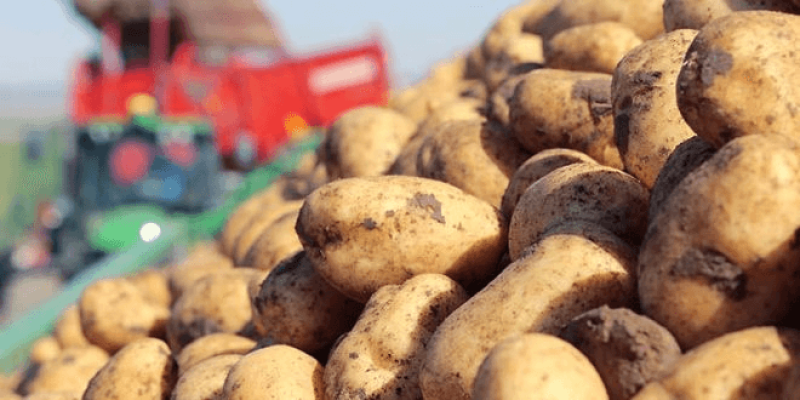“Let’s start now to liberate the UK’s extraordinary bioscience sector from anti-genetic modification rules, and let’s develop the blight-resistant crops that will feed the world,” [Boris] Johnson said in his first speech as prime minister.
On June 17 the government [announced] its response to a public consultation on genetic engineering – the first step in what might turn out to be a major re-working of the UK’s genetic engineering laws.
But here’s where things get tricky. While the changes proposed by the Department for Environment, Food & Rural Affairs (Defra) would change the way that genetically-engineered crops are defined in the UK, they’re unlikely to clear a path for blight-resistant potatoes to come to our shelves any time soon.
Since [professor Jonathan] Jones’ potatoes have been made using transgenesis, they will still be classified as GMOs even if Defra goes ahead with its proposals.
As the majority of genetically engineered field trials in the UK involve transgenic plants, it might mean that Defra’s changes will have little impact in the short term.
Jones says that regulating gene-edited crops differently from transgenic crops massively overstates the differences between the two technologies. An alternative approach, he argues, would be to regulate crops on a case-by-case basis rather than applying broad rules based on underlying technology.
































